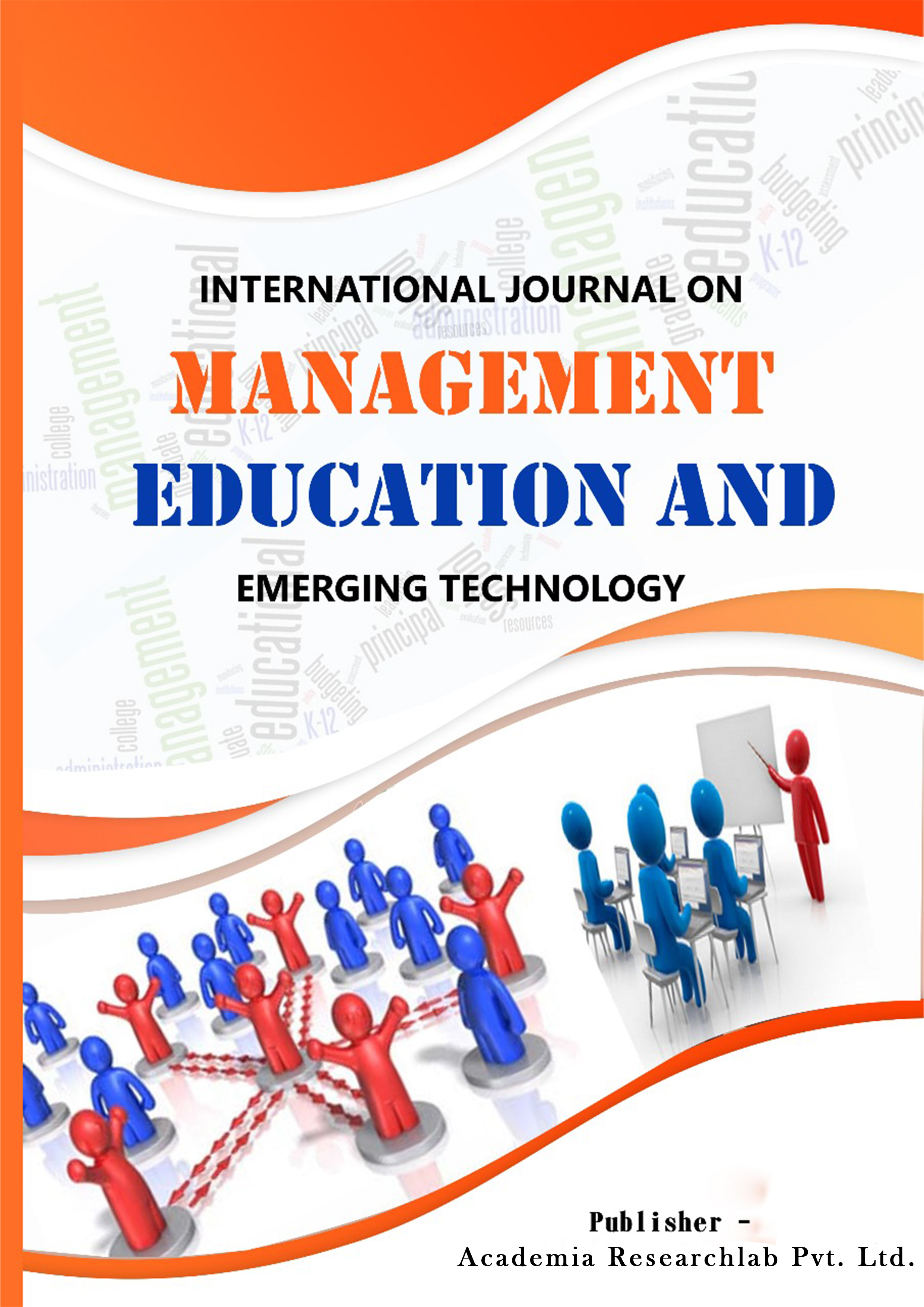Esports vs. Physical Sports: A Comparative Study on Training
Keywords:
Esports, frequency of training, physical training, mental trainingAbstract
This research explores the often-overlooked psychological factors influencing athletes’ performance in China’s team sports. While physical attributes are recognized contributors to success, this study focuses on the psychological dimensions that shape athlete performance. The investigation considers emotions, self-talk, self-efficacy, spirituality, goal orientation, and motivation as key variables, acknowledging their relevance to sports contexts. Moreover, the study explores how culture moderates the relationship between these psychological factors and performance, recognizing culture as a critical determinant of behaviour. Drawing from a comprehensive literature review, this research bridges the gap in sports psychology research specific to China and validates existing theories within the country’s unique cultural context. By shedding light on the psychological dynamics that impact athletes’ success, the study contributes to the broader field of sports science, offering insights for optimizing performance in team sports. Despite resource limitations for sports research in China, this study aims to provide valuable insights into the psychological factors that shape athletes’ achievements
References
Bayrakdar, A. et al. (2020). Do E-Athletes Move? A Study on Physical Activity Level and Body Composition in EliteE-Sports. Retrieved from
https://www.researchgate.net/publication/344079172_Do_e-athletes_move_A_study_on_physical_ac tivity_level_and_body_composition_in_elite_e-sports
Carrani, L., et al. (2022). Are Esports Players Comparable to Traditional Athletes? A Cross-Sectional Study. Retrieved from doi: 10.51698/aloma.2022.40.2.83-92
Chang, Z. (2019). What's the Hype About Esports? A Qualitative Study About Esports Consumer Motivation. Retrieved from http://www.diva-portal.org/smash/get/diva2:1328029/FULLTEXT01.pdf Hamari, J. &
Sjöblom, M. (2017). What is Esports and Why do People Watch It? Retrieved from
https://www.researchgate.net/publication/306286205_What_is_Esports_and_why_do_people_watch _it
Jenny, S. (2016). Virtual(ly) Athletes: Where Esports Fit Within the Definition of “Sport.” Retrieved from https://www.researchgate.net/publication/297891315_Virtually_Athletes_Where_Esports_Fit_Within
_the_Definition_of_Sport Kane, D. and Spradley, B. (2017). Recognizing Esports as a Sport.
Retrieved from https://www.researchgate.net/publication/317929457_Recognizing_ESports_as_a_Sport
Parry, J. (2018). E-sports are Not Sports. Retrieved from https://www.researchgate.net/publication/326372787_E-sports_are_Not_Sports
Pu, H., et al (2021). Can Esports Substitute Traditional Sports? The Convergence of Sports and Video Gaming during the Pandemic and Beyond. Retrieved from https://doi.org/10.3390/soc11040129
Additional Files
Published
How to Cite
Issue
Section
License
Copyright (c) 2025 International Journal on Management Education and Emerging Technology(IJMEET)

This work is licensed under a Creative Commons Attribution-NonCommercial-NoDerivatives 4.0 International License.





